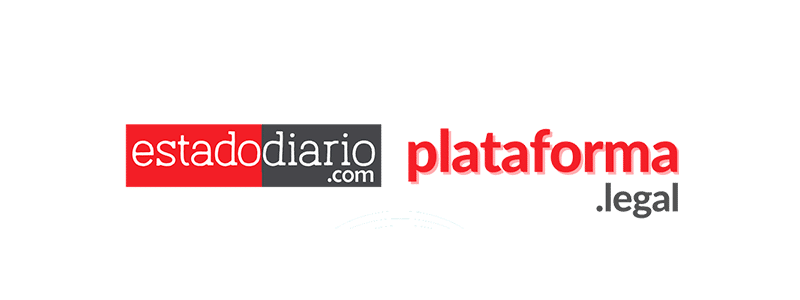“The Anti-Narcotics Law fills a gap in our legislation by including new subjects obliged to report to the Financial Analysis Unit (UAF) the cash and suspicious transactions of which they become aware,” says our Compliance Group associate, Jaime Viveros.
According to the Mutual Evaluation Report of the Republic of Chile published by GAFILAT in 2021, it is estimated that around US$5.8 million in species associated with illicit activities, such as jewelry and vehicles, were seized up to 2019. This is nothing more than an evident symptom of an overlooked phenomenon, which has meant not only economic losses in the referred economic sector, but also a relevant reputation crisis.
In this sense, the “Anti-Narcotics Law” fills a gap in our legislation by including new subjects obliged to report to the Financial Analysis Unit (UAF) the cash and suspicious transactions of which they become aware. Among them, the inclusion of automobile companies and dealers of new or used vehicles, companies dedicated to the leasing of vehicles and dealers of jewelry, stones or precious metals, to mention a few, stands out. In view of this, it is worth asking ourselves, are we arriving late to this new incorporation?
Although some countries in the region, such as Argentina and Peru, have included automobile companies as regulated entities for some time, the increase in crimes such as money laundering in our country, and its growing complexity, requires changes in the regulations to adapt to the new forms of crime, not only in terms of prosecution but also in terms of prevention. Indeed, since the objective of the FAU is to prevent and impede the use of the financial system in the commission of crimes of money laundering and financing of terrorism, the incorporation of automobile companies as subjects obliged to participate and collaborate with the prevention ecosystem is quite reasonable.
The next step, of course, will be to determine the way in which these new regulated entities will have to comply with the requirements imposed by both the law and the FAU. The simple path would be to apply the general rules that have been issued by the Service through numerous official letters, however, such a path excludes a concrete analysis of how each economic sector operates.
And although this is not a new problem, it does constitute an opportunity for the FAU to choose to do things right, facilitating regulatory compliance and, ultimately, generating incentives for participation and effective collaboration in the system for the prevention and detection of illicit activities related to money laundering and the financing of terrorism.
In the current state of the situation, it is crucial to address it by establishing an adequate regulation that takes into consideration the particularities and specific needs of this type of activities, thus promoting their commitment to compliance, benefiting the integrity of the financial system and the security of the economy in general.


Recent Comments